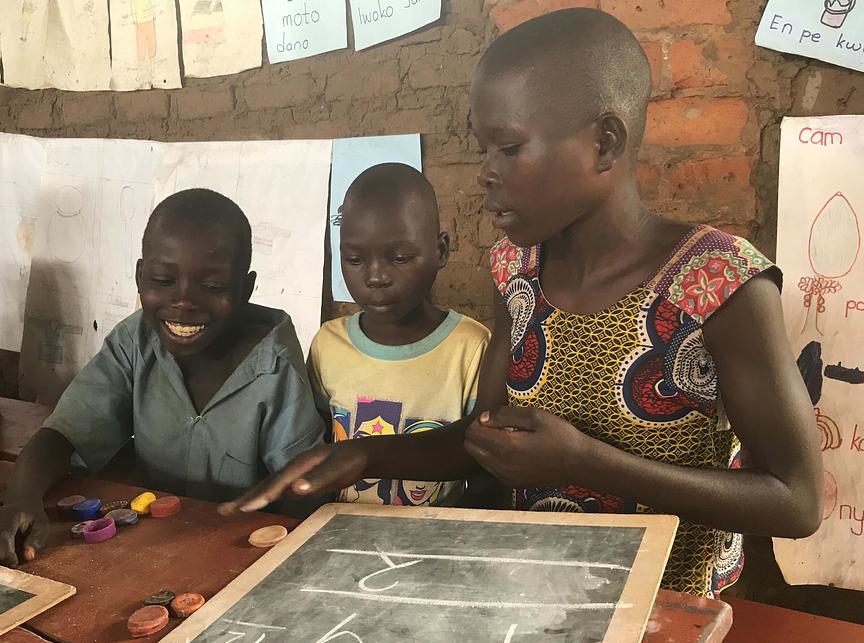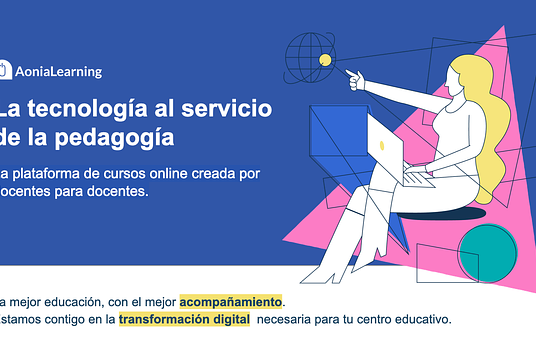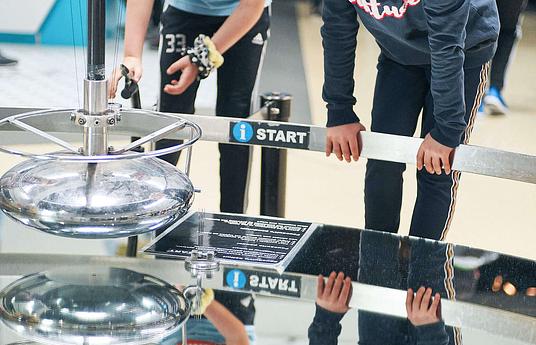Abundant research says formative assessment and feedback are key to learning. With overflowing curricula, large class sizes, and varied pupil abilities, teachers struggle to assess and adjust to meet each learner’s needs. But, with help, pupils can do this. Speed School’s accelerated education model provides teachers the missing techniques and opportunity to allow pupils to assess their peers.
In Speed School classes, pupils learn in groups of six, so teachers assign tasks that are truly collaborative. As group members review and correct each other’s work, they give feedback and remediation, creating a culture of self-efficacy, shared purpose, and mutual learning. Pupils answer the same questions to compare and agree on answers, helping those who are confused. They answer different questions, then consult to confirm, correct, and explain, as needed. They take turns reading, answering, etc. for their peers to assess and guide. With tasks such as drawing, they critique each other’s work, offering suggestions to improve; then they redraw, using the advice to improve. The teacher circulates to be sure group answers are indeed correct, supporting where needed. S/he can ask each group to share its consensus replies to confirm that all understand. Speed School students excel later in conventional classes, largely due to their peer assessment skill and attitude.
Geneva Global and our grantee NGO and government partners in northern Uganda are expanding the use of peer assessment as part of the full set of Speed School methods. While introducing these practices to new local schools each year, we are also working with neighboring districts and primary teacher colleges to promote adoption in both Speed School and conventional classes. With the ministry, we are looking to expand Speed School and peer assessment to other parts of the country. Combined with our work in Ethiopia, Geneva Global has reached over 260,000 children with peer assessment and other activity-based learning methods. Presently, we are supporting authorities and teacher training colleges in both countries to institutionalize the use of peer assessment and other Speed School methods.
Geneva Global will support ministries, NGOs, and funders to incorporate peer assessment as a pillar of quality education. But peer assessment is not just about technique. We will help equip and motivate teachers to use the techniques, ready school inspectors to promote their application, and accompany systems to establish the conditions for peer assessment to contribute to high-quality learning.



